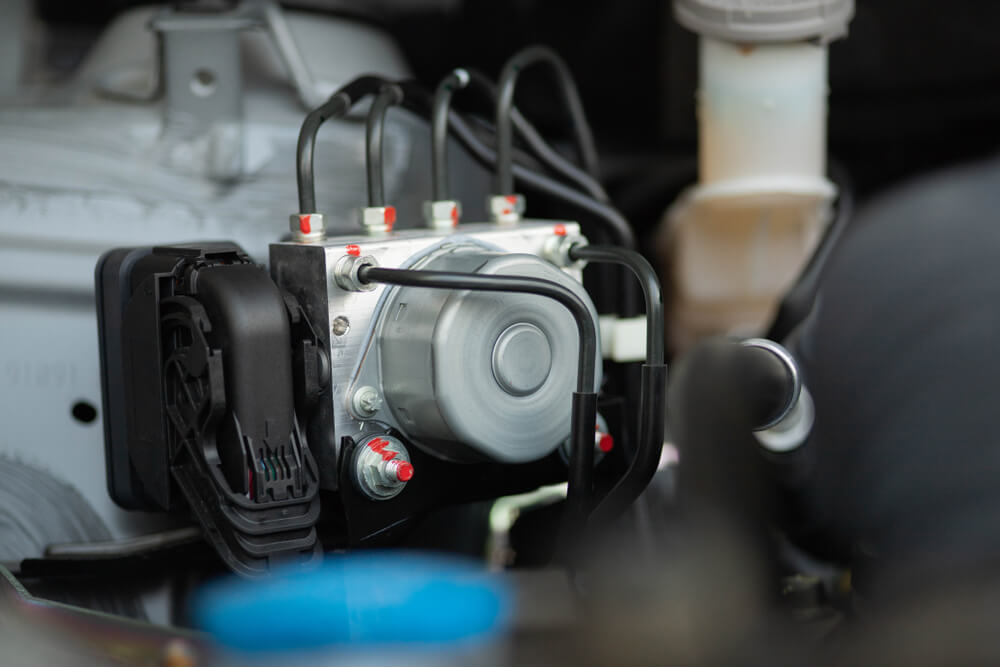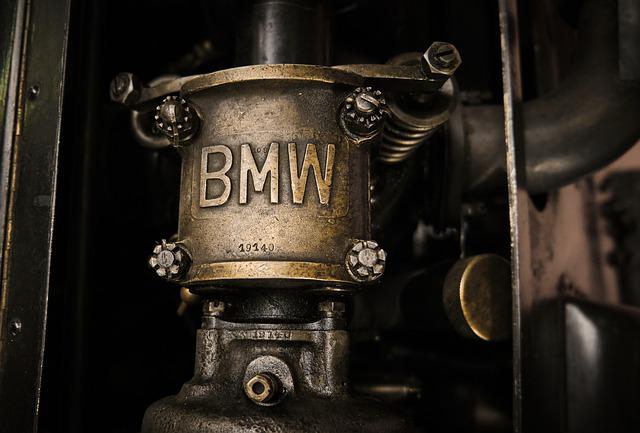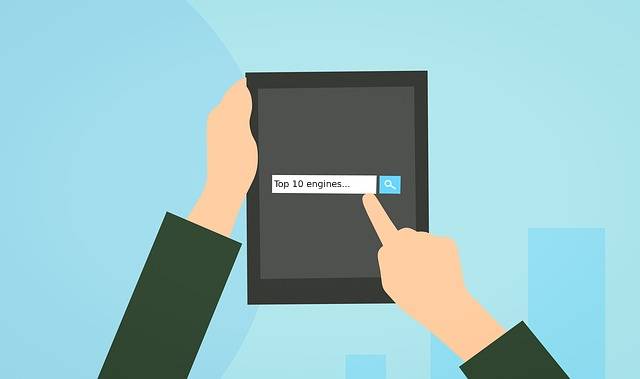How To Deal With A Malfunctioning ABS System
Find Used Engines and Transmissions for a Great Price! Live Assistant For Used Engines Call 1800-518-9776

The Anti-Lock Braking System (ABS) in your car is an essential feature that guarantees your safety when driving, especially in poor road conditions. Your safety may be in jeopardy if your ABS system isn't working properly. This blog post will explain what the ABS system is, how to spot malfunctioning symptoms, and what you can do to properly cope with a malfunctioning ABS system.
What is an ABS system?
The ABS system is intended to stop wheel lock-up while braking forcefully. This is achieved by varying the amount of brake pressure applied to different wheels, which enables the driver to maintain steering control even when the road is slick. It is a life-saving innovation that is now a requirement for new cars.
Signs of malfunctioning ABS
-
Lighted ABS Warning Light: The lighted ABS warning light on your dashboard is the most typical indicator of an ABS issue. This light illuminates continuously, signalling a systemic issue.
-
Unusual Brake Pedal Behaviour: An ABS issue may be the cause of your brake pedal feeling spongy, soft, or vibrating excessively when you press the brakes.
-
Longer Stopping Distances: On wet or slick roads in particular, a faulty ABS system might cause longer stops.
-
Loss of Traction: When braking, you may feel a loss of traction or skidding, which is an obvious sign that your ABS system isn't working properly.
Handling malfunctioning ABS systems
-
Don't worry: remain composed if you see any of the aforementioned indicators. Your brakes will still function even if your ABS system isn't functioning properly; they will only function less effectively. You should use caution, but you can still use your brakes.
-
Driving safely: Though there are abnormalities in the ABS system, you can still drive your car. Make sure that you are driving at a reduced speed and keeping a safe distance, avoiding abrupt or hard braking.
-
Restarting helps: Whenever there is a glitch in the ABS system, it doesn't always mean a major one; sometimes just restarting the engine can help resolve the problem.
-
Avoid DIY hacks: Unlike many other components that can be fixed with DIY hacks, the ABS is a component that requires a lot of knowledge, and only professionals can be trusted with it. Trying anything on your own can make the situation worse or even pose a threat to the safety of you and the people on the road.
-
Professional hands: It's important to seek professional assistance as soon as you experience ABS problems. An expert technician will utilise diagnostic equipment to identify the precise issue and carry out the required repairs or replacements. This can entail repairing faulty ABS modules, sensor problems, or damaged wiring.
-
Continual upkeep: prioritise routine car maintenance to avoid ABS issues in the first place. By having regular inspections and maintenance performed, you can maintain the health of your brakes, sensors, and wiring. By being proactive, you may save money on repairs and make sure your ABS system is operating at its best.
Conclusion
Although an ABS system that isn't working properly can be disconcerting, you can handle it successfully with the right information and actions. Remain composed when driving, exercise caution, and seek immediate expert help.
A group of vehicle enthusiasts makes up Used Engines . We deal in used transmissions and engines to meet your used demands and help you maintain the smooth operation of your vehicle.
related
You May Also Like

Which BMW Has the Most Horsepower?
A car is useless if it doesn’t have good horsepower. Just imagine driving your car with sluggish acceleration and it drags on the road whenever you take it for a spin.
Read Article
10 Best Engines Made So Far By Top Engine Manufacturers
Over the years, the car industry has seen major changes. Car engines have become smarter and it looks like every new engine that rolls out is better than the other.
Read Article
How to Make Your Car Last Forever?
Isn’t it lovely when a new car works the way you want? The gears shift smoothly and the wheels roll without dragging against the road. But as your car gets older, you’ll notice that it doesn’t drive smoothly, has lower fuel mileage, and overheats easily.
Read Article